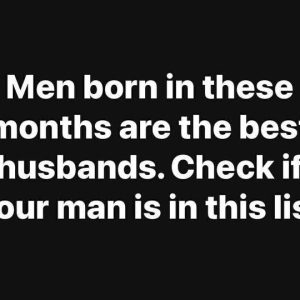We’d barely sat down—two coffees, one slice of carrot cake—when a server stopped at our table and said, “I’m really sorry, sir… but your wife can’t be here.”
I thought he was joking. Ana was the last person I’d expect to be banned from a café. But the kid looked serious. “Manager’s orders. She was caught stealing from the tip jar. Said it happened more than once.”
The word “stealing” didn’t fit with Ana’s name. We left quietly. Outside, the crisp autumn air and crunching leaves felt sharp. In the car, I asked, “Is it true?”
“Yes,” she said, without excuse or tears—just the heavy truth. She confessed it had happened three times months earlier, when we were struggling: behind on rent, washing machine broken, the car failing. “Twenty dollars the first time,” she said. “I felt sick for days. I promised myself never again, but I was ashamed to tell you.”
I remembered that hard month, counting coins for groceries, selling things we loved, pretending everything was fine. Shame is quiet and private; it doesn’t always look desperate.
That night, I slept on the couch—not as punishment, but to sort the noise in my head.
The next morning, Ana left a note: I’m going to try to make things right. Don’t wait up.
Later, the café manager called. Ana had returned with an envelope and a letter, apologizing and repaying the money. The manager was surprised and respectful—“Not many people do that.”
Ana came home lighter, relieved. We went to counseling. The counselor asked if I’d forgiven her. I said, “Yes. Because she owned it.”
Life steadied. Ana took a part-time job at a nonprofit thrift store and started saving money to repay kindness anonymously.
A year later, the café posted a photo: an envelope and a note—For your kindness, from someone learning. The comments overflowed with second chances. Ana said nothing. We both knew.
She now leads a support group at the café for people who’ve stumbled. One girl, caught stealing, stayed after, crying. Ana told her, “It’s not about being perfect. It’s about taking the next right step.”
The café gave Ana a plaque: Broken crayons still color. She hangs it in our kitchen—a daily reminder that love isn’t about ignoring mistakes, but building something stronger around them.





